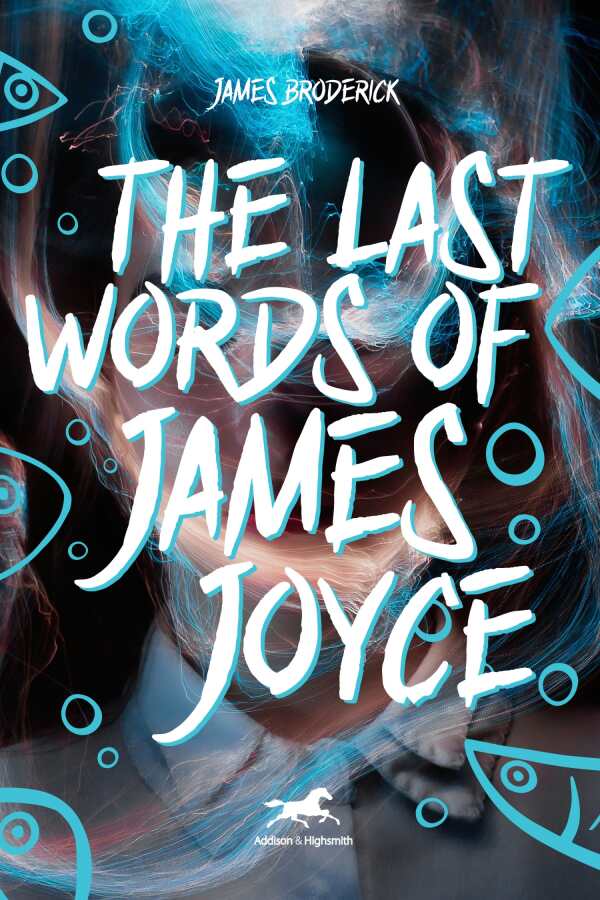The Last Words of James Joyce
James Broderick’s The Last Words of James Joyce mixes murder into an irreverent campus satire.
This eccentric story is led by a former PhD student who moonlights as a pornographic script writer, and who believes that he’s found one of James Joyce’s works; by a pompous community college professor who’s inveigled into checking the truth behind this discovery; by an evangelistic duo who target sinners for public shaming; by a police woman who finds solace in punk rock and navigates her reassignment to a hate crimes unit; and by a genius editor who hunts for the grail in a slush pile. Its farcical, alternating sketches focus on people’s belief in their own importance, which often pulls against their circumstances.
The book builds intrigue through slow-burning questions: about how the lost Joyce work was found; about what threat it poses to ambitious scholars; and about whether it drove someone to murder. The book’s sideways humor relishes in the droll peculiarities of academia, too, as when colleagues at a conference engage in keen, hyperspecific discourses. But its momentum is strongest when it follows the professor, whose self-imposed queries help him to home in on a possible culprit for the crime. He works to justify his own actions, but his reasoning is murky.
While they confront ample red herrings, the novel’s police are depicted with warmth. Their motivations for joining the force are covered as they zigzag through the murder case. Conversely, the hypocritical Christian cult is subject to mockery: it is outlandish in its zeal for online clicks. And Joyce’s daughter is an ambiguous presence, built via fragments from letters and clinical observations that stand apart from the rest of text.
The Last Words of James Joyce is an absurdist literary mystery about the lengths that people go to in order to claim notoriety.
Reviewed by
Karen Rigby
Disclosure: This article is not an endorsement, but a review. The publisher of this book provided free copies of the book to have their book reviewed by a professional reviewer. No fee was paid by the publisher for this review. Foreword Reviews only recommends books that we love. Foreword Magazine, Inc. is disclosing this in accordance with the Federal Trade Commission’s 16 CFR, Part 255.

